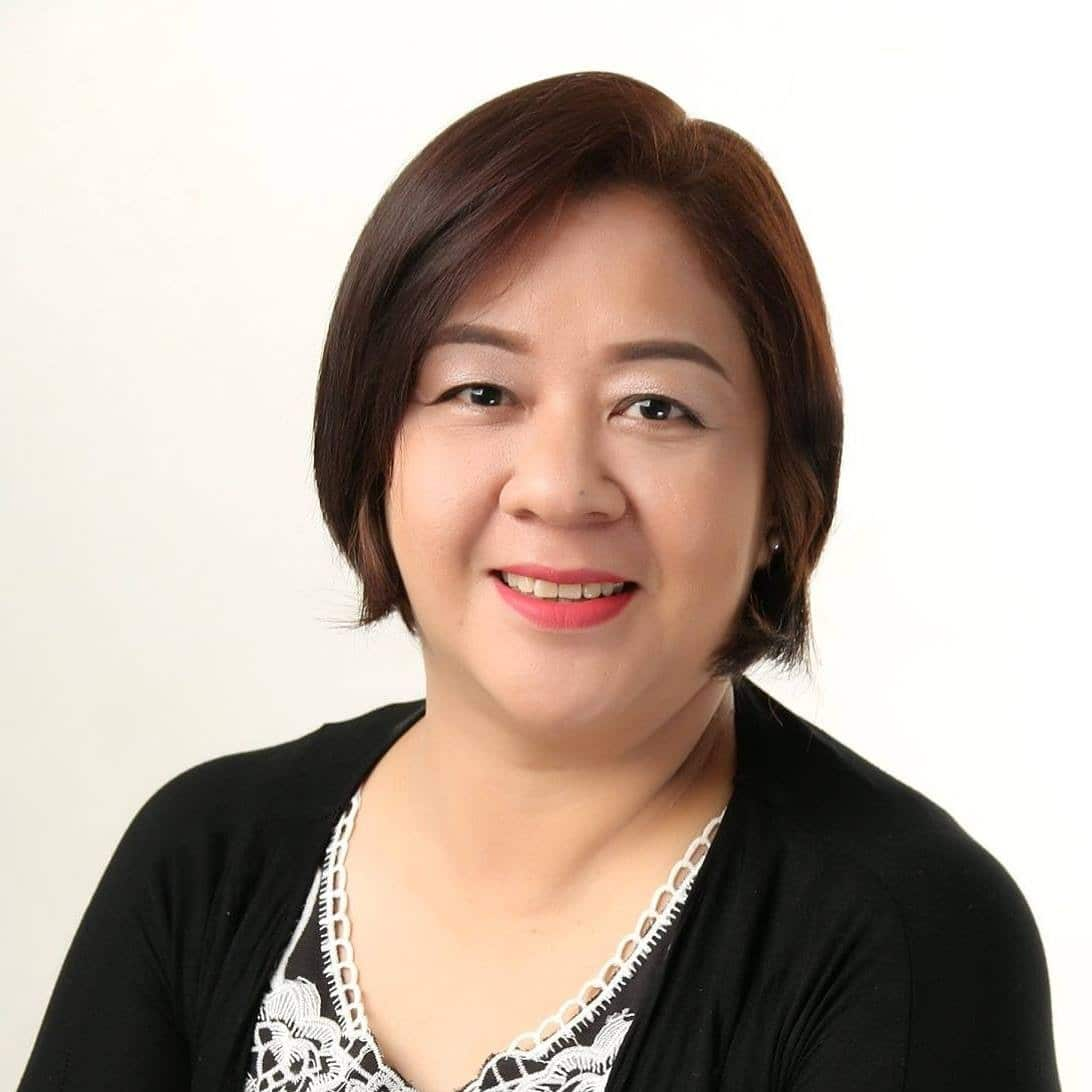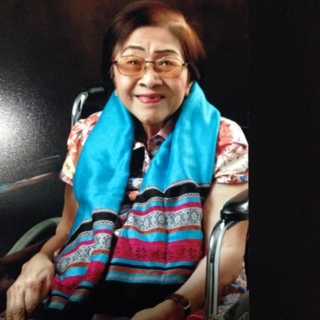Cindy Reynes, author of the book, ‘Before I Forget: A daughter’s journey in caring for a mother with Alzheimer’s,’ recently won in the Philippines' 12th Cardinal Sin Book Awards under the Family Life Category.
The book, originally published in the Philippines, has its universal appeal touching on the extreme hurdles and pain a primary caregiver meets head-on taking care of a loved one slowly losing her memory.
In this exclusive interview, we hear about Cindy Reynes’ story.

SBS Filipino: What have inspired you to write this book?
Cindy Reynes: It started when I started posting messages of our conversations with my mum in my Facebook account and then friends would tell me you should write a book, [you have] a story to be told. And I did not think of it. You know I did not see myself as a writer much more an author but to the prodding of my friends, that’s where it started. It occurred to me, why not?
Is it also because you want to share the story you have with your mum with those who have the same story as yours?
Yes, that’s very important also because especially here in the Philippines when family members are diagnosed with Alzheimer’s, the sad part is they tend to hide the family member because they get embarrassed because it’s not really an open thing here so it’s part of my advocacy to increase awareness in caring for people with Alzheimer’s.
What were the early signs that you noticed prior to her diagnosis of Alzheimer’s disease?
The very prominent sign was the repetition. My mum would often ask, “What time is it?” or “Where do we go?” or “What is this?” so it’s purely repetition and when you answer her questions in two, three or five minutes, she comes back to the same question, that is one of the early signs, the repetition.
How were you able to learn to embrace this part of her?
I have this book which became my sort of guide and helped me in dealing with the symptoms. The book is by Joanne Coste, ‘Learning to speak Alzheimer’s.’ One of the things she emphasised is to have patience. If there are unlimited questions so as unlimited answers.
What is the difference between dementia and Alzheimer’s disease?
A lot of people would sometimes get confused with dementia and Alzheimer’s. The difference is, when you say dementia, it is a symptom and Alzheimer’s is a diagnosis. When you say it’s symptom of dementia, it can be reversible or irreversible. So when you say reversible it can be from cases like vascular dementia, from stroke. When patients experience stroke, they can have vascular dementia temporarily that falls under the category of reversible so they can still go through therapy. For irreversible, that’s the symptom of Alzheimer’s, so very common symptom that leads to the diagnosis of Alzheimer’s.
“It is slowly destroying her mind, robbing her of her identity and dignity, and stealing her a lifetime of memories.”
You wrote these words in the book, what are the memories of your mum that you would not forget?
For pre-Alzheimer’s, my mum loves to bake cake; every Christmas she would bake our favourite cake and you know the smell of the house while she’s baking, so that’s a really fun memory. For post-Alzheimer’s, a lot, but this is my most favourite, whenever I tell her, “Mummy, mummy, I love you, I love you mummy,” then she would reply, “The more that I do,” very heartbreaking. You know that eventually that will disappear.
What were the stages you went through until you accepted your mum’s condition?
I passed through the stage of denial, mainly because when I decided to take up nursing as a second degree, that reason was to work abroad but when I realized that the reason behind it was to care for my mum, the caring became much easier. Then, aside from denial, there were a lot of resentments, you know the feeling back then, it’s kind of funny when how I once wanted to have someone else as mother but today, I would never trade her for any other mother in the world.
“I give, give, give and give. Then in an all too-human moment, care partnering takes all the energy out of me. I slump and say, I can’t do this anymore, I cry in secret.”
How difficult is it for you to be the primary caregiver of your mum?
It is or it must be very, very, very difficult. I give it a rating of 10 if you were to rate it on a scale of 1 to 10, 10 being the most difficult. But you know here’s the catch, it only becomes difficult when this one big factor is absent, and that big factor is love.

What were the worst moments taking care of mum?
I would say the battle of the bath. I’ll just explain something about Alzheimer’s especially in the character of the patient; I really don’t know the scientific explanation but somehow the character of the person with Alzheimer’s somehow gets magnified, like for example, my mum is a very obsessive-compulsive person, she’s very vain until now so it’s a very big surprise not wanting to take a bath so it became a battle. Sometimes she would wipe poo on our faces, she would splash toilet water on our faces.
But you’ve been very patient about it?
I think it has to be a choice also. I’m not saying it was a perfect journey like I have patience all the way. There were also very bad moments but the thing with the care is the patience and the love still prevails.
Where are you getting your strength and what do you say to yourself when you feel like you want to give up?
I draw strength from God because His strength can become our strength. Only God’s strength can become our strength if we surrender ourselves [to Him].
Why is your mum’s moments of lucidity very special for you?
It’s special because it rarely happens. You know when moments of lucidity happen, we never know when the next one will occur. For example, we are now on stage 7, stage 7 is the final stage of the disease. We really do not know how things will end but there are very rare moments when she can speak clearly like one time we were talking about church, she loves to go to church; when we were having a very short conversation, all of a sudden she said, “I want to go to church,” then from there we lost the moment and then she went back to sleep.
What would be your piece of advice to all primary caregivers out there?
My advice would be to let love prevail. One of the most important things also is to believe in the fourth commandment, honouring our parents. We are nothing without them. It’s the best thing we could give to them, honouring our parents even if it hurts.
[Editor’s Note: September is the World Alzheimer's Month. It is the international campaign every September to raise awareness and challenge the stigma around dementia.]




